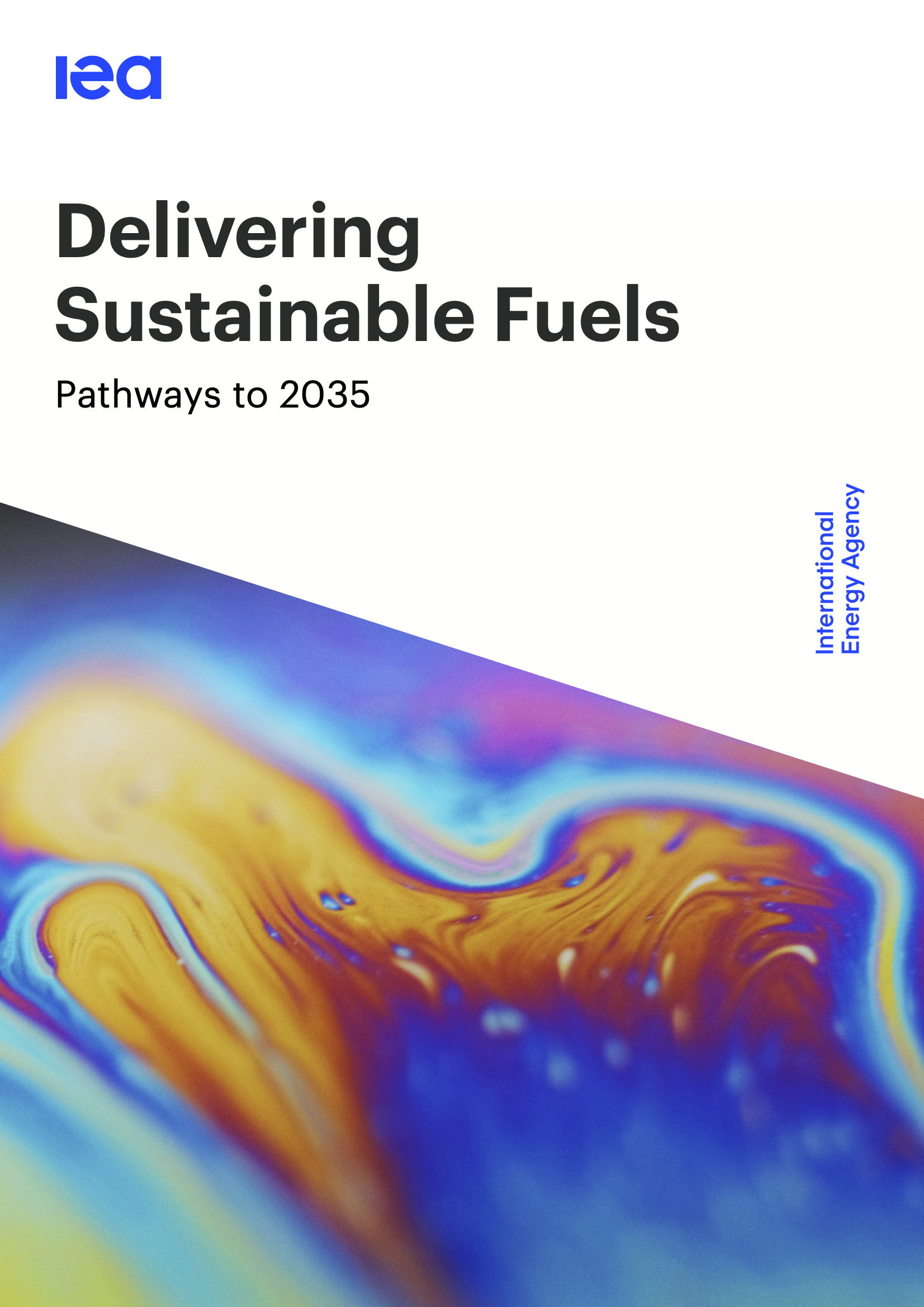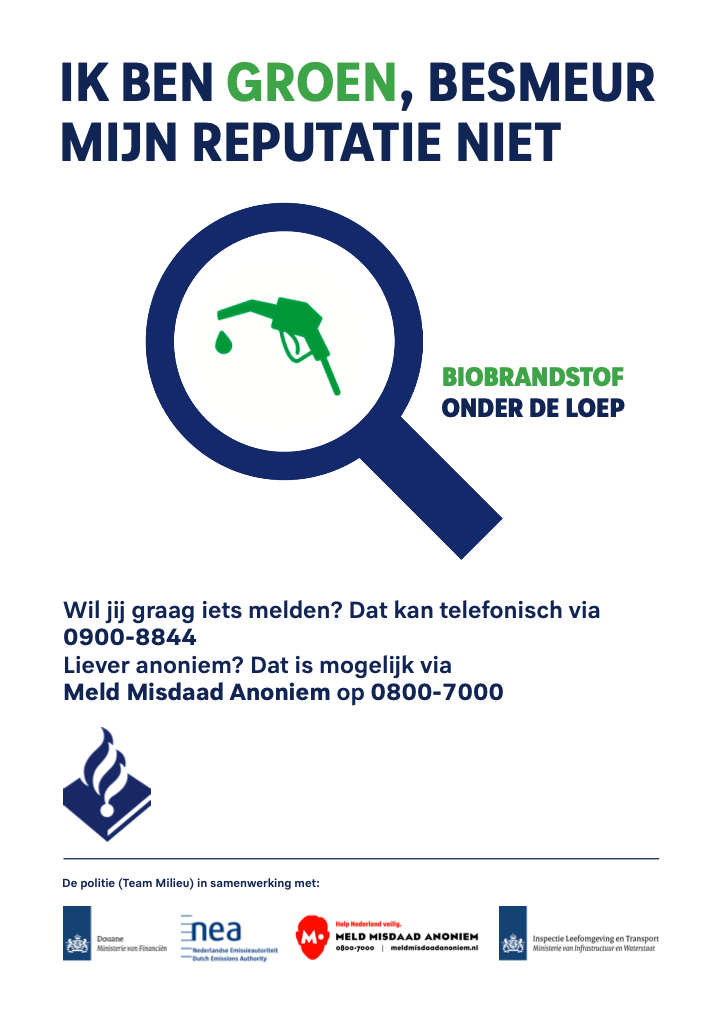Retrospective on Mass Balance for renewable liquid and gaseous fuels workshop | June 20, 2024


This is a short retrospective on a workshop on the topic of mass balance as a chain of custody instrument for renewable liquids and gaseous fuels, organised by the Platform Renewable Fuels on Thursday June 20th, 2024 in Amsterdam.
For a detailed summary of the presentations see the document on the righthand side.
While the production and deployment of renewable fuels are ramping up and fuels are being traded globally, a transparent methodology keeping track of the distribution and sustainability characteristics is needed. A robust and trustworthy system monitoring the fuel and its environmental attributes as it moves along a supply chain is necessary to accelerate the deployment of renewable fuels. The central question at hand was how can mass balance be used to ensure sustainability and improve trust in accounting, reporting, and claiming.
On the program for the day, Loes Knotter introduced the background for this workshop. In addition, the topic of mass balance and basic principles on the chain of custody methodologies namely segregated, mass balance and book and claim were presented by Emma Beroske. This was followed by two keynote speakers: Madison Carroll, bringing in a perspective from the international SAF market and, Loek Verwijst discussing the topic from an auditor perspective.
Highlights of the workshop
- Tracking of environmental attributes along the supply chain is essential
- Hybrid systems that use physical testing, mass balance and book & claim at different steps in the supply chain are useful and can make or improve the business case for certain processes.
- Transparency and standardised ruleset can help to improve trust in the chain of custody system (ISO could help)
- Transparency on the (level of) additionality of an emission reduction is essential to get end consumers engaged and drive up demand for renewable fuels.
- Public-private partnerships give legitimacy to the system.
- Sector needs to take initiative in order to have a system that is workable. Governments need to be involved in order for them to gain trust in the system.
- Flexibility in implementation of European directives causes incoherence in rulesets and administrative burden on market players.
- Important to have a level playing field (at least within EU), harmonisation of frameworks necessary
- Also level playing field needed between different renewable fuel processes
- C14 requirement for liquid biofuels but not for gas from the grid when used directly in transport (can be greened via GoOs).
- Important to think of how to accommodate in the business case for Gas to Liquids
- For example by making greening via GoOs also possible for gas from the grid when used as an input for other renewable fuels (e.g. biomethanol). Makes or breaks the business case.
- Might also become relevant for renewable fuels made with renewable hydrogen from the gas grid.
- The C14 requirement will also not work anymore when allowing RCFs to count towards mandates (as this doesn’t depend on bio-content, but recycled carbon content).
Recente artikelen
IEA: Delivering Sustainable Fuels: Pathways to 2035

T&E does support sustainable biofuels
NEa: ik ben groen, besmeur mijn reputatie niet | 2025

